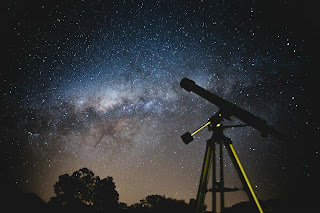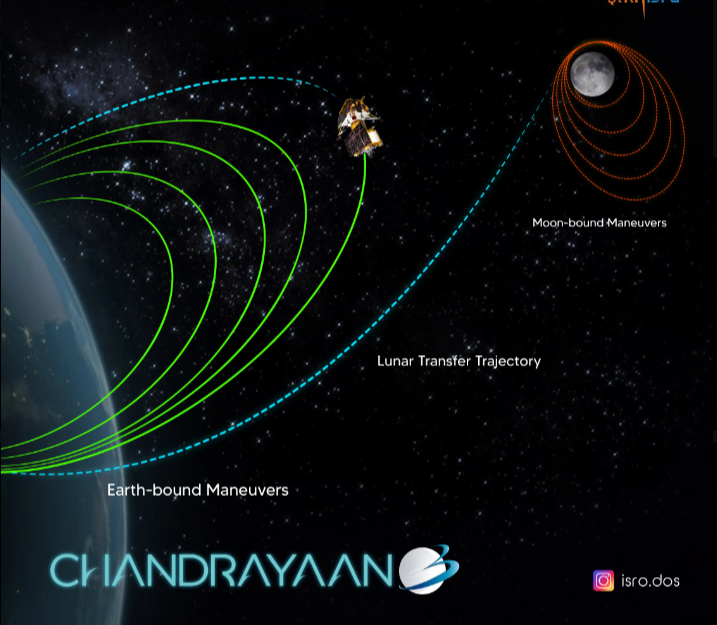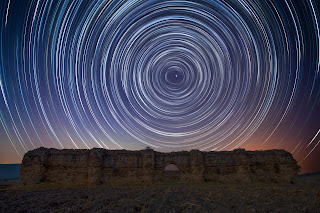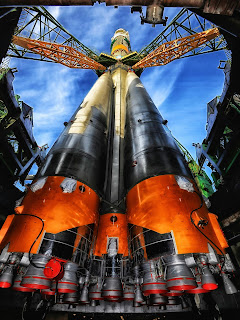Space Law: Regulations for the Final Frontier
The Wild West No More: Charting the Legal Landscape of Space Exploration
Space exploration, once the realm of science fiction, is now a booming industry. But with great ventures come complex questions. Who owns the moon? Can you stake a claim on an asteroid? Enter space law, the fascinating and ever-evolving body of regulations governing humanity's celestial endeavors. Join us as we blast off on a legal odyssey, exploring international treaties, the rise of commercial space activities, and the challenges that lie ahead in regulating the final frontier.
From Paper to Orbit: The Foundations of Space Law
The foundation of space law rests upon a series of international treaties, the most important being the Outer Space Treaty of 1967. This treaty established some key principles:
- Space is for everyone: No nation can claim ownership of celestial bodies like the moon or Mars. Exploration and use of space should be for the benefit of all mankind.
- Weapons of mass destruction are strictly prohibited in space or on celestial bodies. Space should be a zone of peace and scientific cooperation.
- Astronauts are considered "envoys of mankind." Nations are obligated to provide assistance to astronauts in distress, regardless of nationality.
These treaties laid the groundwork for international cooperation in space exploration, paving the way for the incredible scientific advancements we witness today.
The Rise of the Space Barons: A New Era of Commercial Activity
The 21st century has witnessed a surge in commercial space activity. Private companies are now launching rockets, deploying satellites, and even planning missions to the moon. This exciting development presents a unique challenge for space law.
- Who is responsible for the actions of private companies in space? Governments are still grappling with this question. The current framework holds nations accountable for their spacefaring entities.
- What happens when resources are discovered on celestial bodies? The Outer Space Treaty is silent on resource extraction. Future regulations will need to address this critical issue to avoid a "space gold rush."
Uncharted Territory: The Challenges of Regulating the Final Frontier
As we venture further into the cosmos, new legal complexities arise. Here are some of the pressing issues demanding attention:
- Space debris: A growing cloud of defunct satellites and debris threatens operational spacecraft. International regulations are needed to promote responsible space practices and mitigate the risk of collisions.
- Space tourism: Suborbital flights and potential lunar getaways raise questions of passenger safety, liability, and potential environmental impact on celestial bodies.
- Space mining: The potential to extract resources from asteroids and other celestial bodies necessitates a legal framework to ensure responsible and sustainable development.
A Collaborative Effort: Building a Legal Framework for the Future
Space law is a dynamic field, constantly evolving to keep pace with the rapid advancements in space exploration. International cooperation is crucial in addressing these challenges. The good news? There's a spirit of collaboration among spacefaring nations and private companies. Together, we can build a legal framework that fosters responsible exploration, scientific discovery, and the peaceful use of space for generations to come.
The final frontier beckons, but it's no longer a lawless land. Space law is the compass guiding us on this incredible journey, ensuring a future where humanity explores the cosmos with responsibility, cooperation, and a shared sense of wonder.










Comments
Post a Comment